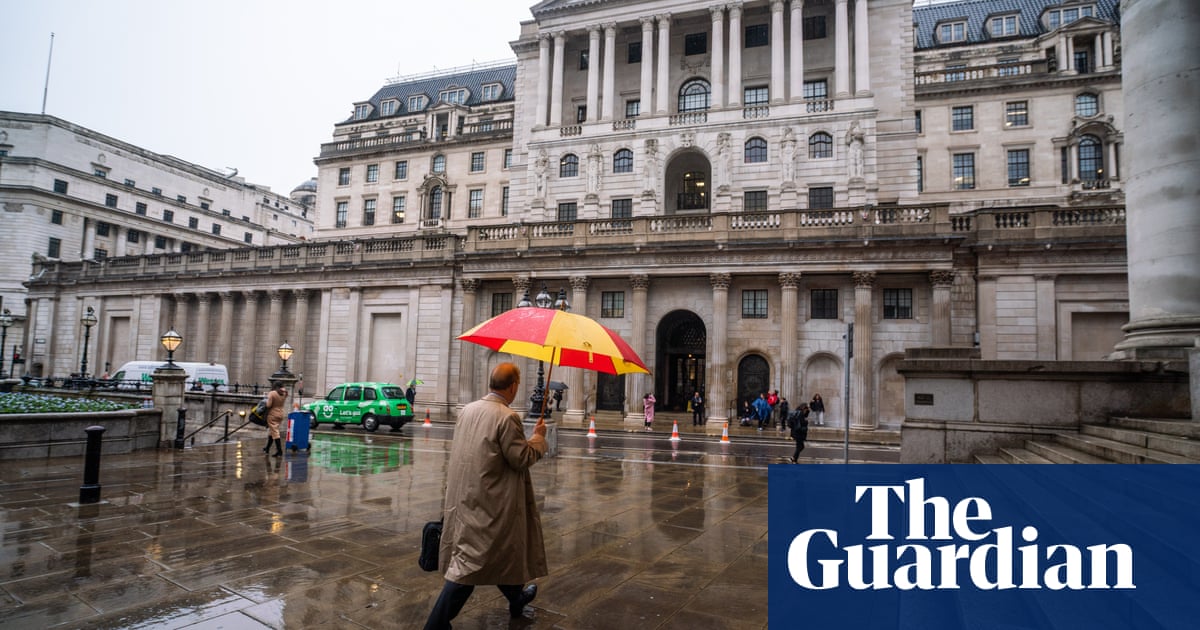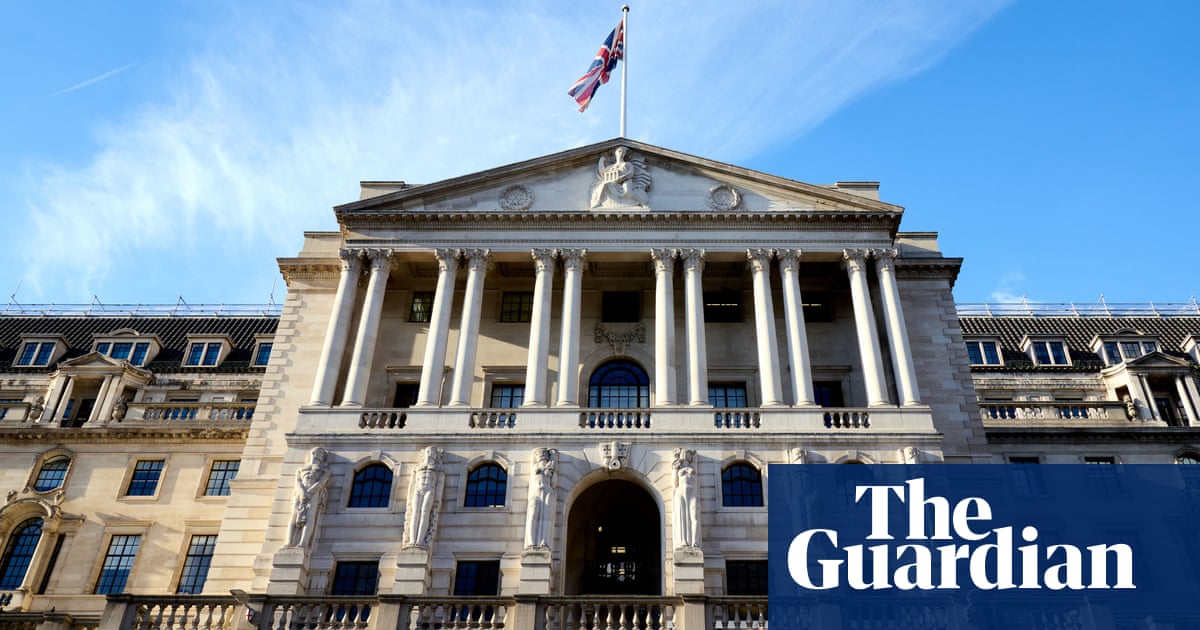
Negative interest rates in the UK edged closer on Monday after a Bank of England policymaker warned the central bank would need extra firepower to boost the economy following the surge in Covid-19 cases.
In a gloomy assessment of the next few months, Gertjan Vlieghe, who sits on the monetary policy committee, the bank’s interest rate setting body, said the second wave of Covid-19 was holding back consumer spending and suppressing business investment, which would push unemployment higher.
Vlieghe said there was a strong risk that the broad-based recovery since the summer would suffer a setback and that the central bank would need to inject further funds into the economy before the end of the year.
But he warned that the bank’s scope for stimulating lending with cheap credit was beginning to wane and backed the inclusion of negative interest rates in Threadneedle Street’s armoury once technical issues were overcome.
In a speech titled “Assessing the health of the economy”, he cited “growing empirical literature” that suggests negative interest rates have not been counterproductive to the aims of monetary policy in other countries.
“My own view is that the risk that negative rates end up being counterproductive to the aims of monetary policy is low. Since it has not been tried in the UK, there is uncertainty about this judgment, and the MPC is not at a point yet when it can reach a conclusion on this issue.
“But given how low short-term and long-term interest rates already are, headroom for monetary policy is limited, and we must consider ways to extend that headroom.”
Vlieghe, an economist who joined the BoE from a City hedge fund, is one of four external members of the nine-strong MPC from business and academia. The others are Silvana Tenreyro, a professor at the London School of Economics, former investment bank economist Michael Saunders and Imperial College professor Jonathan Haskel. They have all made supportive comments on negative rates, though bank officials have proved to be more circumspect.
An investigation into the impact of negative rates is due to report in December.
Negative rates have been adopted by the European Central Bank and Bank of Japan, mainly to make it unprofitable for corporations to keep cash on deposit.
Evidence to the BoE shows that companies have chosen to increase investment rather than have their cash on deposit decline in value. But UK banks have argued that IT systems are not ready to process negative rate deposits and loans. There are also concerns that if negative rates apply to personal deposits, customers will withdraw funds and keep them outside the banking system.
Vlieghe said an examination of economic trends during the Covid-19 outbreak showed that much of the bounce-back could be attributed to pent-up demand from the lockdown. He warned that job losses could push the unemployment rate beyond the bank’s forecast of 7.5% by the end of the year.
“There is a tremendous challenge ahead. GDP and labour market indicators stand at levels that are below what has historically been the trough of a recession,” he said.
“Given that virus prevalence has been increasing again recently, it is likely to weigh more heavily on economic activity. Indeed, it appears that the downside risks to the economic outlook are starting to materialise. In my view, the outlook for monetary policy is skewed towards adding further stimulus.”












